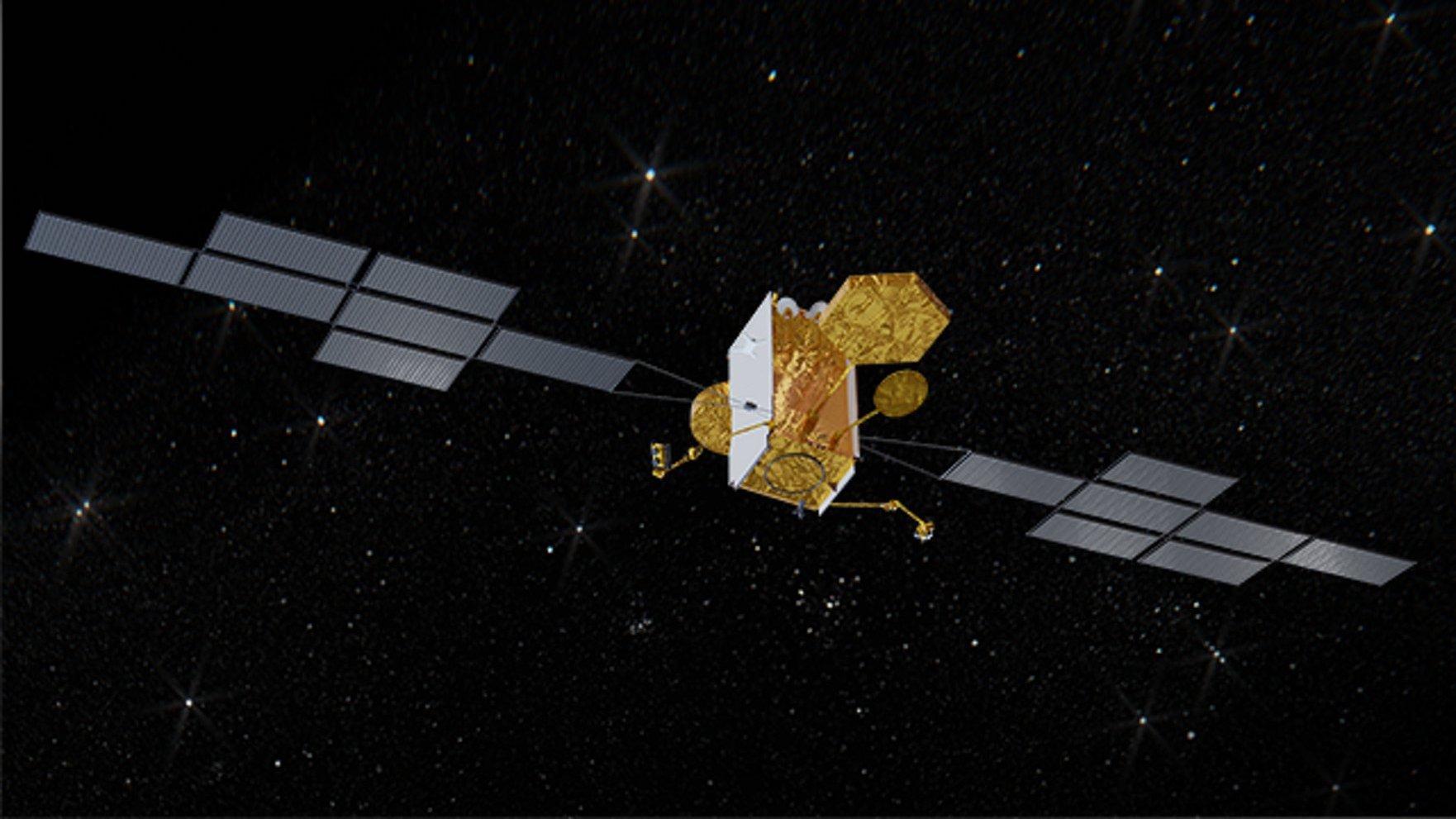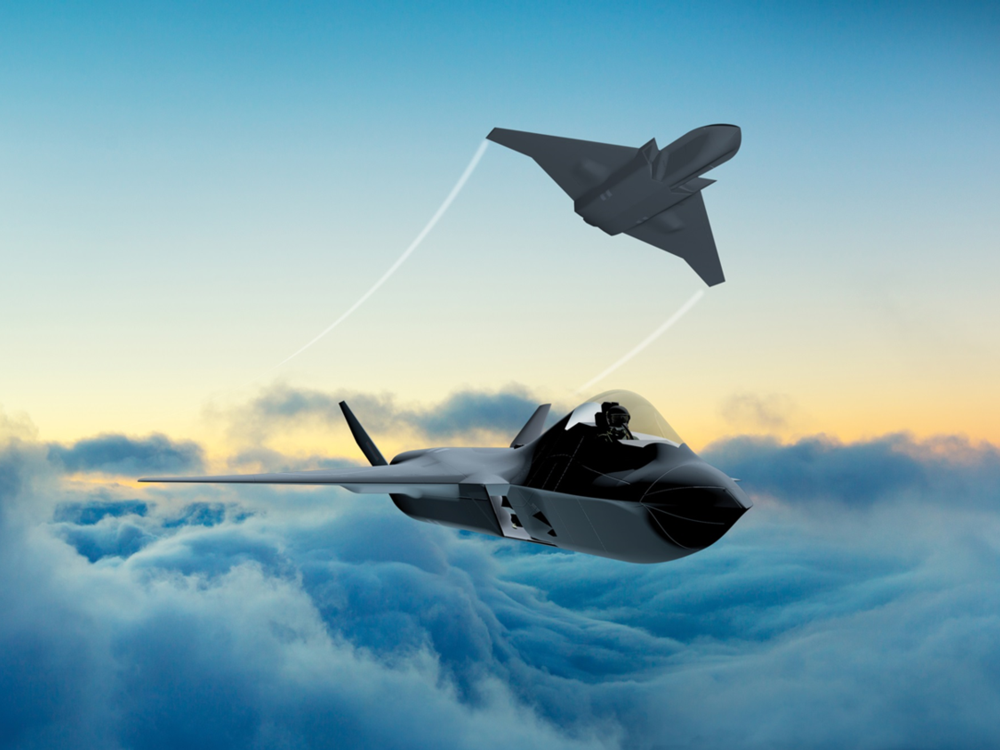Aerospace & Defense Roundup: Jul. 20
July 21, 2020
UK Launches Effort To Develop Zero-Carbon Aircraft By 2030
The UK has launched a government-backed project to help the country’s aerospace industry develop a zero-carbon commercial aircraft by 2030. Led by the Aerospace Technology Institute (ATI), the FlyZero program will begin with an initial 12-month study of the design challenges and market opportunities for potential zero-emissions aircraft concepts.

MAX Backlog Could Fall Another 10%, Canaccord Says
Boeing’s MAX backlog, already hit hard as lessors re-shuffle their commitments, could erode even more as airline financial situations deteriorate amid ongoing depressed passenger demand driven by the persistent COVID-19 pandemic, Canaccord Genuity warned.

UK Signs Skynet Satellite Contract With Airbus
The British government has signed a long-awaited contract with Airbus for the next-generation Skynet communications satellite. The £500 million ($628 million) contract will see Airbus build Skynet 6A, which is targeted for launch in 2025. It comes as the UK triggers a refresh of its approach to delivering the Skynet program.

Team Tempest Expands, Saab Investing In UK FCAS Hub
The UK has brought another seven aerospace companies into the Team Tempest consortium to develop technologies for a future UK-led combat air system. British defense secretary Ben Wallace named Bombardier UK, Collins Aerospace, GE UK, GKN, Martin-Baker, Qinetiq and Thales UK as entrants to Team Tempest, which already included BAE Systems, Leonardo, MBDA and Rolls-Royce as it lead members. The new companies will work jointly with universities and small and medium-sized enterprises in developing “technologies and novel concepts that are likely to form our Future Combat Air System,” Wallace said.

UAE’s Hope Begins Journey To Mars
The United Arab Emirates’ (UAE) first interplanetary spacecraft began a seven-month journey to Mars on July 20 following a successful launch aboard a Mitsubishi Heavy Industries’ H-IIA rocket.

Credit: Airbus
Typhoon

Credit: U.S. Navy
NH90

SpaceX Poised For Quickest Falcon 9 Booster Reflight
SpaceX is aiming for its quickest turnaround between reflights of a Falcon 9 booster, with launch of a South Korean military communications satellite poised to fly as early as July 20 using the same first stage that carried NASA astronauts into orbit on May 30. Launch of the Anasis-II mission had been targeted for July 14, but SpaceX delayed the launch to address an issue with the rocket’s upper stage. It is now scheduled to lift off between 5 p.m. and 8:55 p.m. EDT on July 20 from Cape Canaveral.

Credit: U.S. Government
U.S. Capitol